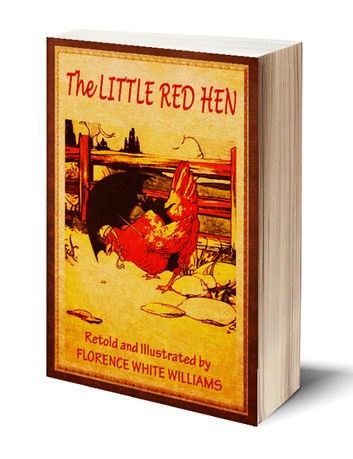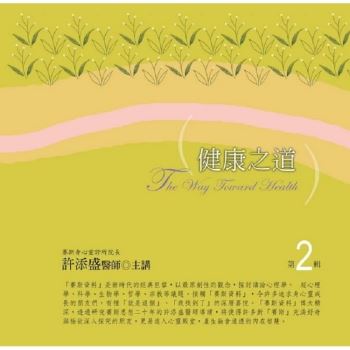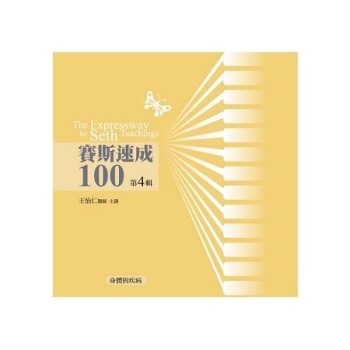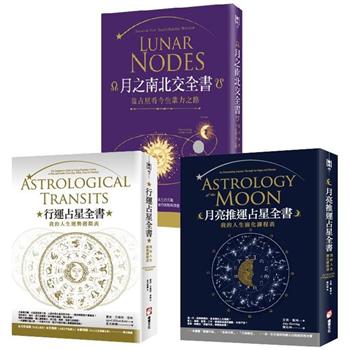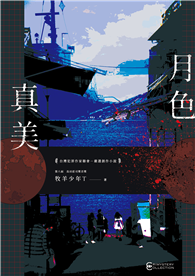The Little Red Hen is an old folk tale, most likely of Russian origin. The best known version in the United States is that popularized by Little Golden Books, a series of children's books published for the mass market since the 1940s. The story is applied in teaching children the virtues of the work ethic and personal initiative. It is so well known that it is frequently rewritten by pundits and bloggers to illustrate their favorite points.
In the tale, the little red hen finds a grain of wheat, and asks for help from the other farmyard animals to plant it, but none of them volunteer.
At each later stage (harvest, threshing, milling the wheat into flour, and baking the flour into bread), the hen again asks for help from the other animals, but again she gets no assistance.
Finally, the hen has completed her task, and asks who will help her eat the bread. This time, all the previous non-participants eagerly volunteer. But she declines their help, stating that no one aided her in the preparation work, and eats it with her chicks, leaving none for anyone else.
The moral of this story is that those who show no willingness to contribute to a product do not deserve to enjoy the product: "if any man will not work, never let him eat."
The book includes colored and black and white illustrations.
